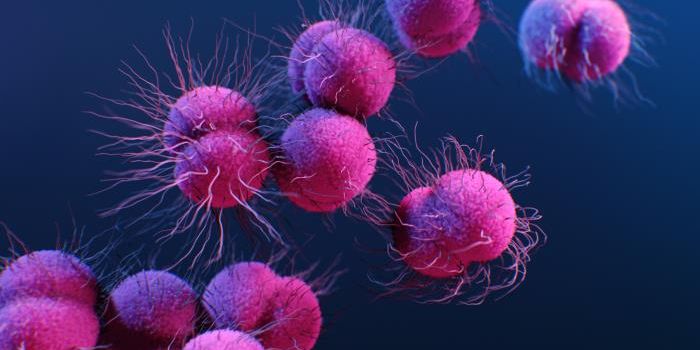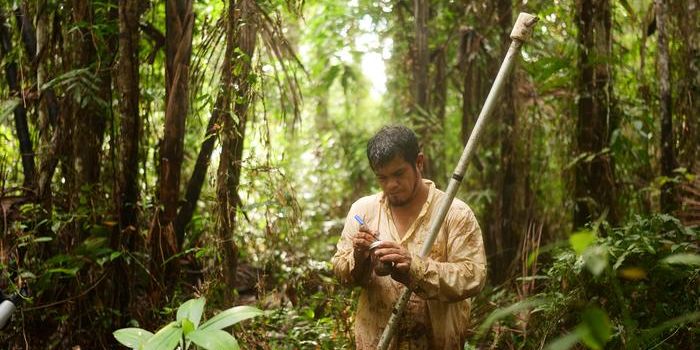Bacteria Have Had a Significant Impact on Insect Diversification
Microbes are vital partners for many species. There are gut microbiomes in a huge number of animals, for example, which perform beneficial and sometimes essential functions for their hosts. Even insects host microbes, and they have developed a symbiotic relationship with many of the microbes they carry. Some of those microbes are crucial, and perform digestive or defensive functions for insects. New work has outlined how microbes have enabled insects to consume a wide variety of different foods, and those dietary changes have had an effect. The findings have been reported in Nature Ecology and Evolution.
"Insect diets range from human blood, in the case of mosquitoes, to the wood used to build our houses, in the case of termites. The common denominator is bacteria. Our findings show that bacteria play a crucial role in providing insects with the nutrients they need to survive and thrive," explained first study author Charlie Cornwallis, a biology researcher at Lund University.
This research indicated that bacteria are constantly providing insects with essential nutrients such as vitamin B, which insects need but are unable to make themselves. Some bacteria have even evolved organelles that function as special microbe houses, called bacteria factories.
Since microbes provide their insect hosts with many different nutrients, the insects have been able to survive on diets that are very imbalanced, and they are able to utilize new sources of food, noted Cornwallis. "Some insects, such as aphids, solely feed on phloem, essentially sugary water. Imagine being able to lead a healthy life only on sweets!"
Ultimately, bacteria have had a very complex influence on insects. The work showed that there are some families of insects in which diversification has been limited by certain diets, such as species that feed on blood. In most cases, however, the specialization of diets has been associated with a dramatic increase in species, such as insects which feed on plants. Symbiotic relationships with bacteria have solved some nutrient deficiency problems for insects, but has had varying impacts on the diversity of insects.
"Insects are all around us and influence our every walk of life. They spread diseases and even threaten food production as crop pests. Knowing how and why insects survive and diversify is important for understanding the evolution of the natural world and its influence on our own well-being," added Cornwallis.
Sources: Lund University, Nature Ecology & Evolution





![[Guide] 7 Strategies to Boost Laboratory Collaboration](https://d3bkbkx82g74b8.cloudfront.net/eyJidWNrZXQiOiJsYWJyb290cy1pbWFnZXMiLCJrZXkiOiJjb250ZW50X2FydGljbGVfcHJvZmlsZV9pbWFnZV83YzBjZWIwM2Y5YzI4MmFlYzBhZDZhMTcyNTQ1ZGU3YmE4Y2MzMDYyXzUxNDkuanBnIiwiZWRpdHMiOnsidG9Gb3JtYXQiOiJqcGciLCJyZXNpemUiOnsid2lkdGgiOjcwMCwiaGVpZ2h0IjozNTAsImZpdCI6ImNvdmVyIiwicG9zaXRpb24iOiJjZW50ZXIiLCJiYWNrZ3JvdW5kIjoiI2ZmZiJ9LCJmbGF0dGVuIjp7ImJhY2tncm91bmQiOiIjZmZmIn19fQ==)



